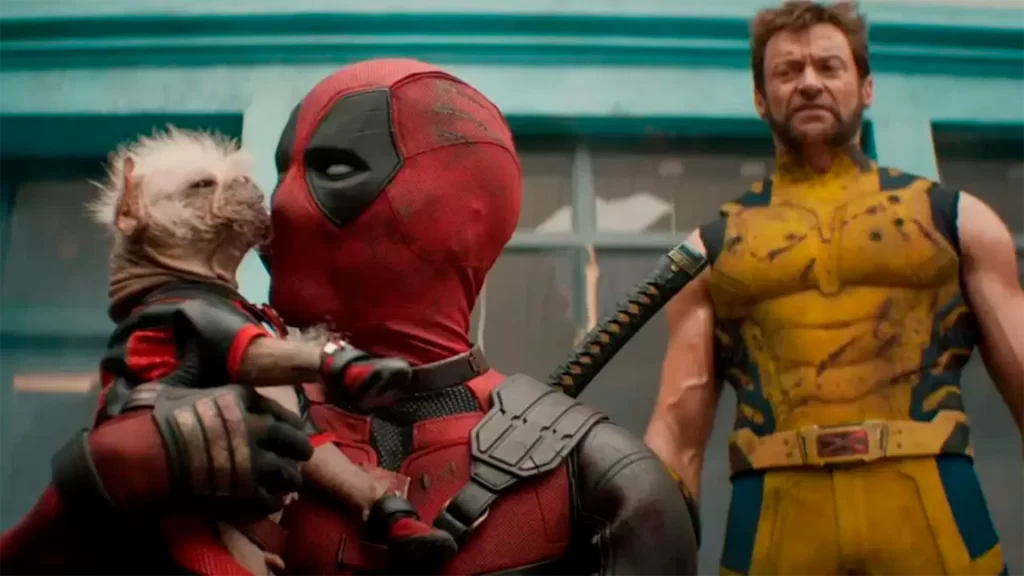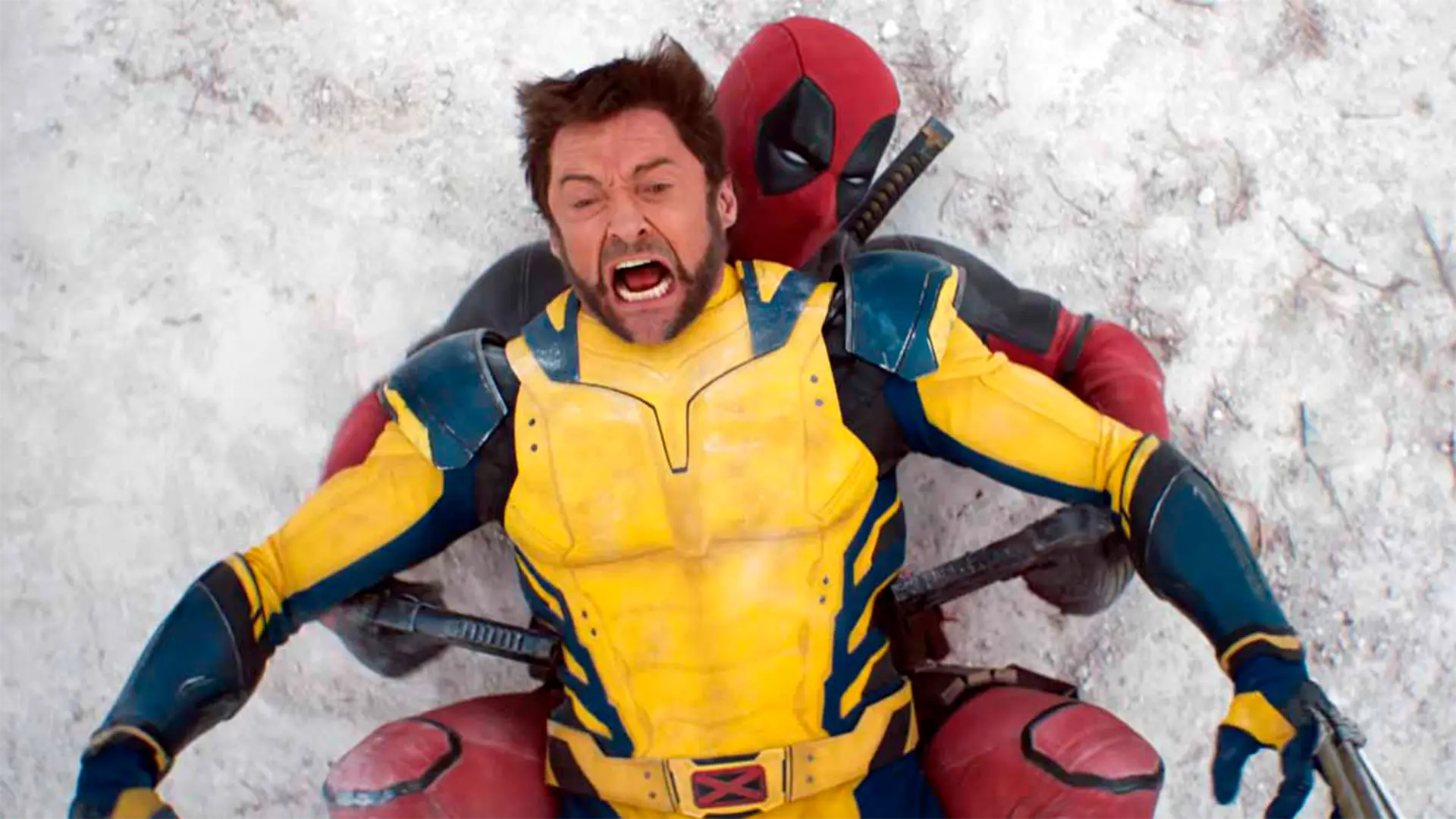By: Jennifer Ariesta
Arguably the most anticipated team-up in the history of superhero flicks since Spider-Man: No Way Home, it feels like we’ve been waiting for this movie to come out since forever. The first announcement of Wolverine joining Deadpool came way back in September 2022, nearly 2 years before its big screens debut. Anticipation couldn’t be higher; moreso since it also marks Deadpool’s official induction into the Marvel Cinematic Universe (MCU), once the mightiest film franchise that’s been having some spotty track records lately. The conversation surrounding the movie can largely be summed up in 3 questions. (1) How would an R-rated Deadpool fit into MCU’s Disney-controlled, PG-13 world? (2) Will this Deadpool x Wolverine team-up redeem their much-maligned first meeting in X-Men Origins: Wolverine? And the ultimate kicker: (3) Can Deadpool turn around the MCU’s downward spiral?
Each question gets answered in this movie, although not all of them quite as expected.
Let’s start with question #1. Once upon a time, it was unimaginable to envision Deadpool’s gore and expletive fest existing alongside Marvel’s wholesome superheroes. In a meta, fourth-wall breaking commentary early in the film, Ryan Reynold’s Wade Wilson/Deadpool immediately addresses his own disbelief that such a thing is finally possible. And indeed, that’s how the movie approaches the jarring difference: by doubling down on the meta jokes that Deadpool! Is! In! The! MCU! Booyah! It’s actually admirable how much the script dares to jump from the actual plot and into behind-the-scenes details like Fox’s sale to Disney, Kevin Feige’s so-called “demands”, or the internet discourse around Marvel going downhill. In other films, the excessive tongue-in-cheekness can be really annoying; but Deadpool gets a pass because it really is baked into its DNA.
As for question #2, well, it would be really hard to outdo the atrocity of Deadpool and Wolverine’s 2009 encounter. Still, this iteration has one big flaw so deeply-rooted in the plot. Be warned, this might be controversial.

The film sees Wade in a slump after being rejected by The X-Men and The Avengers. Soon, he gets pulled into TVA (hello, multiverse!) by an agent named Paradox (Matthew Macfadyen). Paradox informs Wade that his timeline is dying as a result of the death of their “anchored being”, revealed to be Logan a.k.a. Wolverine (Hugh Jackman). In true Deadpool fashion, he kidnaps Logan from another universe to save his world, but the one he gets is the worst variant who had let all his teammates die.
So you see, this Wolverine is not the Wolverine we knew and loved for over two decades. That man’s truly dead and gone. This is the same problem with the “revived” Gamora in Guardians of the Galaxy 3; she’s really just an alternate Gamora without any history with the other characters. Technically, this wipes the slate clean for Marvel to do whatever they want with the character, but it just feels like we have to re-acquaint with this Wolverine from scratch. The film conceals this with a smorgasbord of cameo and fan service so relentless it’ll blow your mind. Only if you stop for a while do you realize that many of those flourishes add nothing to the plot. It’s fast food to the pop culture-addled minds, terrible but hella delicious.
This brings us to question #3, is Deadpool & Wolverine truly the “Marvel Jesus”? Well, yes and no. This film was bound to be a massive hit, but that’s on Reynolds and Jackman’s maximum effort marketing rather than MCU’s brand potency (indeed, opening weekend is set to break the record for R-rated movies). In other ways that matter, the film is cluttered with problems plaguing other Marvel properties: excessive interconnectedness causing audiences alienation, thinly motivated villains (though Emma Corrin’s entertainingly evil portrayal of Cassandra Nova deserves kudos), wobbly character developments. The fundamental lack of sharpness in post-Avengers: Endgame MCU hasn’t gone away, this film’s just better at distracting us with its meta-vaganza.








































Leave a Reply